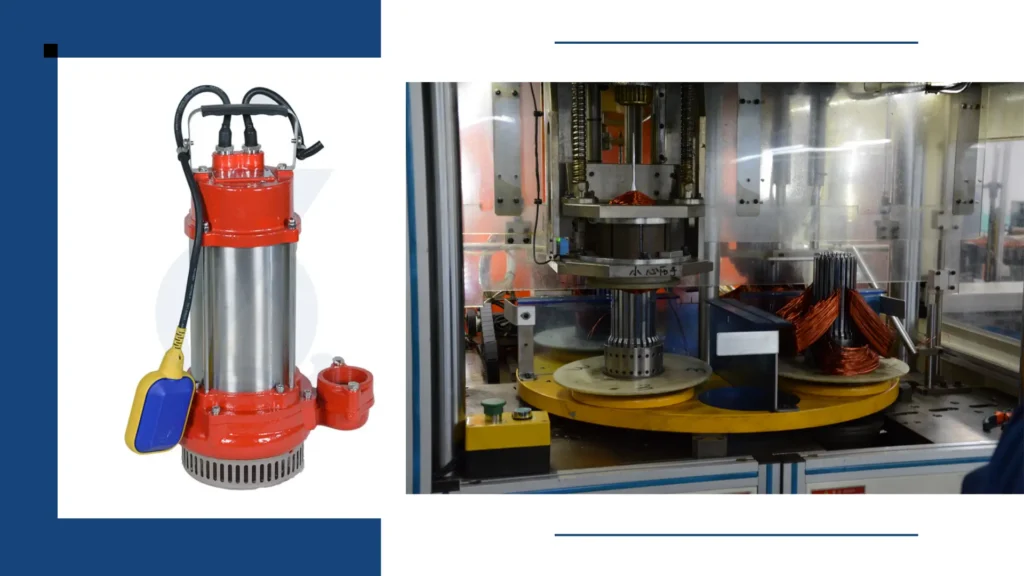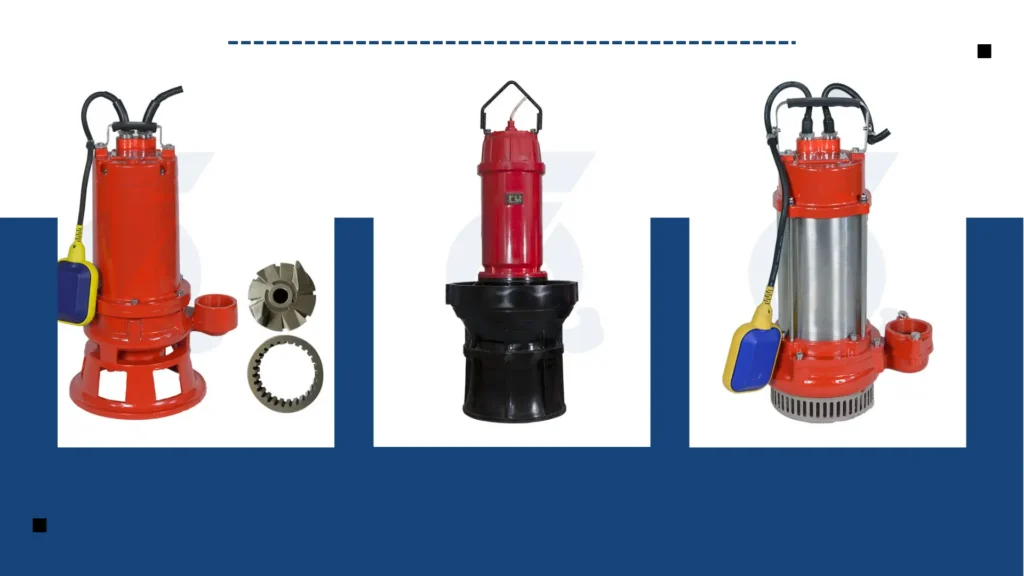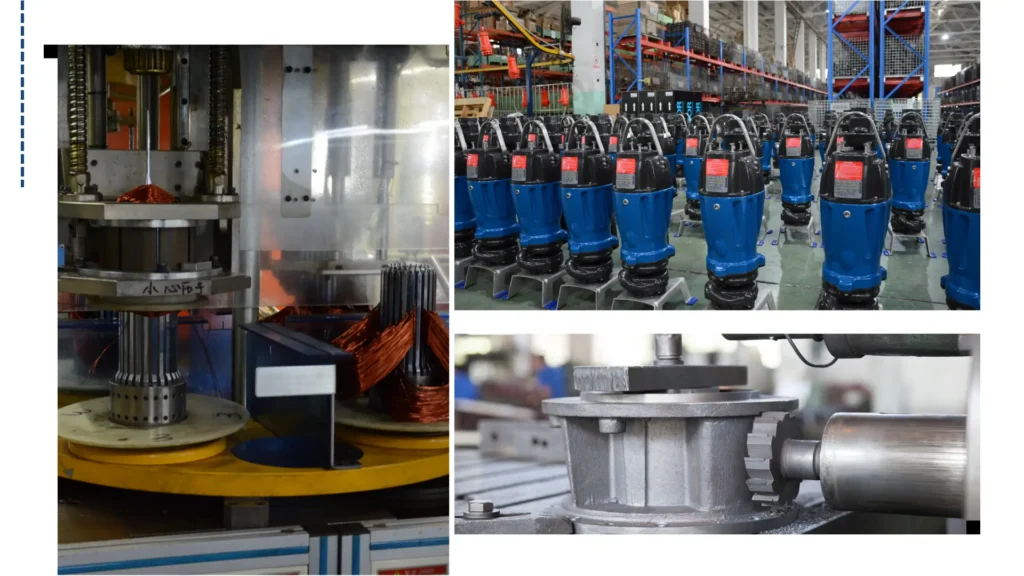In the oil and gas industry, fluid handling is not only a technical requirement but also an important factor that has something to do with productivity, safety, and the overall effectiveness of the operation process.
Among different tools and technologies that may be involved, submersible pumps are one of the key elements that ensure smooth processes.
These pumps are specifically designed to operate submerged in the water, hence becoming vital in many operations in the extraction processes of oil and gas.
Acquaintance with the primary features and advantages of submersible pumps will allow you to make more informed purchasing decisions that can help to further improve your operations.
What are Submersible Pumps?
Submersible pumps are advanced contraptions intended for operation fully submerged in the liquid being pumped.
In such, there are typically sealed motors coupled with pump bodies to efficiently pump up fluids from lower elevations to higher ones without requiring a suction lift as with most surface pumps.

Actually, they push the fluids to the surface, making them very effective for deeper well applications where surface pumps are not capable of sustaining adequate flow.
This novelty mechanism enhances efficiency while reducing the chances of the occurrence of cavitation that may cause damage to the pumps, hence creating avenue ways for costly shutdowns.
Key Applications in Oil and Gas
Submersible pumps provide their services for a number of key applications within the oil and gas sectors:
Exploration and Production
During the exploration stages, submersible pumps are very important in drawing crude oil and natural gas out of a reservoir that is beneath the subsurface.
They allow for many feet of depth; this characteristic feature enables any extraction process to carry out efficiently, hence enabling the increase of production rates to the maximum.
Well Dewatering
During the drilling process, the level of the water should be maintained or regulated.
Submersible pumps in well dewatering are used by getting rid of excess water that will prevent accidents by creating a safe environment for drilling.

Enhanced Oil Recovery
Most of the EOR methods are dependent on submersible pumps.
Water or other fluid injected into the well, with the aid of such pumps, maintains reservoir pressure and enhances the recovery of more oil from an already producing well.
This results in both maximum output and increased longevity of oil fields.
Read More:
- 10 Features to Look for in Submersible Pumps
- Benefits of Submersible Pumps in Farming
- Types of Submersible Pumps Available in China
Benefits of Using Submersible Pumps
Efficiency and Reliability
By design, these pumps can operate on a continual basis, delivering performance with consistency-seeking production levels.
Capability for handling changing fluid conditions and depth serves to increase operational reliability.
Space-Saving Design
The compact and stream-lined design features of submersible pumps make them ideal for installations in which space may be limited, such as on offshore platforms or at remote drilling sites.
This space efficiency can provide flexible siting options and may reduce the overall footprint of your equipment.
Lower Maintenance Costs
Submersible pumps generally have fewer moving parts than other pumps and thus require less maintenance.
This again will imply less wear and tear on the pump, saving money in repairs and time due to less frequency of repairs needed.
Factors to Consider When Choosing a Submersible Pump
Knowing your flow rates and pressure requirements is immensely important.
In this way, you will be capable of selecting the proper pump that can deliver the performance and efficiency required by such needs.
Materials of construction for the pump must be compatible with the fluid being pumped.

This will prevent corrosion and degradation of the materials that can mean the early failure of a pump.
The power source options for submersible pumps range from electric options to hydraulic ones.
The exact type of power source that will serve best in the given operational setup must, therefore, be carefully weighed in relation to one’s infrastructure.
Conclusion
Submersible pumps are very feasible components in the oil and gas industry.
Fully understanding the advantages that such pumps have to offer and keeping a number of key considerations in mind will set you up to make informed choices toward the improvement of your operations.
You may want to consult with industrial experts regarding a customized solution for meeting your needs or identifying the best type of pump for application needs.
One can note a number of key benefits with the right submersible pump: increased productivity, minimized operational costs, and a huge competitive advantage in the dynamic space of oil and gas.

